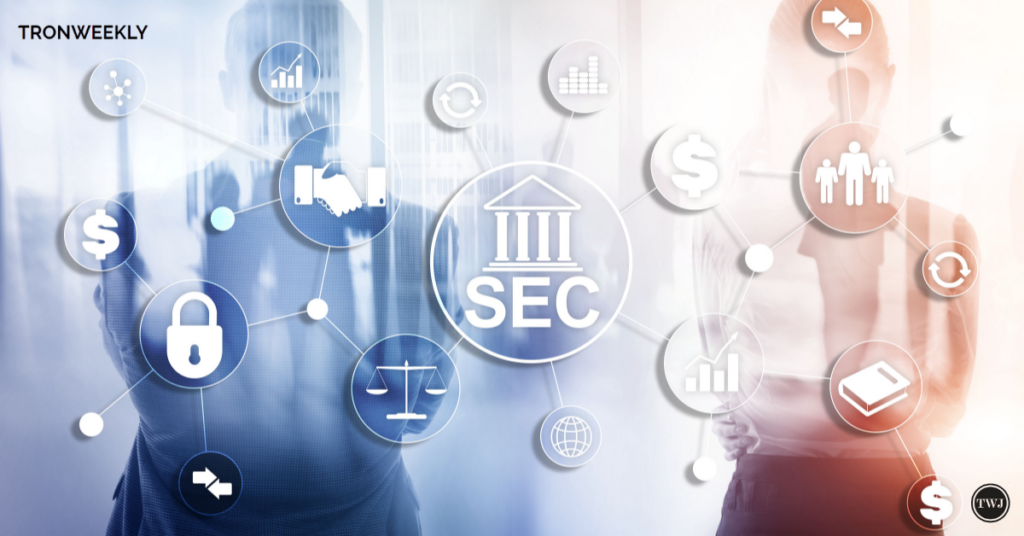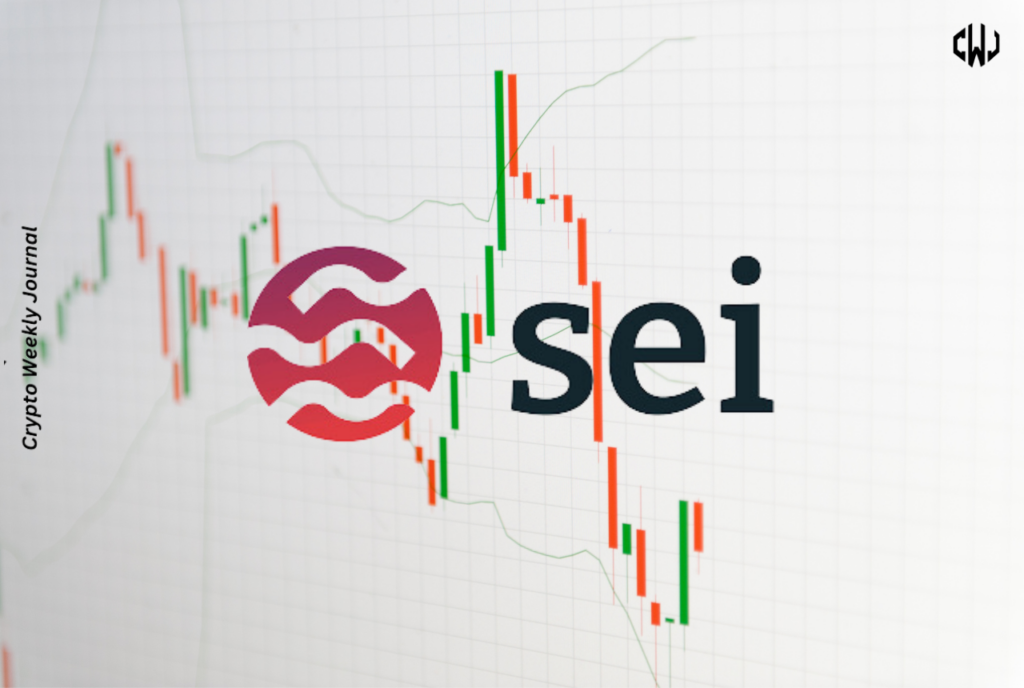- On September 18, the House Subcommittee will address the U.S. SEC’s approach to crypto regulation.
- Former SEC Commissioner Dan Gallagher, Michael Liftik, and Bitwise President Teddy Fusaro will testify.
- The SEC faces difficulties applying traditional securities laws, like the Howey test, to digital assets.
On September 18, a significant hearing will focus on the U.S. SEC’s approach to regulating crypto assets. The House Subcommittee on Digital Assets, Financial Technology, and Inclusion will hold this hearing, aptly named “Dazed and Confused: Breaking Down the SEC’s Politicized Approach to Digital Assets,” at 10:00 a.m. in the Rayburn House Office Building.
Key figures, including former SEC Commissioner Dan Gallagher and Michael Liftik, who has served in various senior roles within the SEC, will provide testimony. The SEC has faced challenges in applying the Securities Act of 1933 to digital assets, which require registration or fall under exemptions to be considered lawful. The Act’s definition of security includes “investment contracts,” as clarified by the Supreme Court case SEC v. W.J. Howey Co.
The Howey test stipulates that an arrangement qualifies as an investment contract only if it involves a monetary investment in a common enterprise, expecting profit from others’ efforts. However, crypto assets often complicate this definition due to their unique characteristics, such as functional utility and decentralization.
Ambiguities in SEC’s Crypto Asset Framework
Former SEC Chairman Jay Clayton’s 2019 Framework for Investment Contract Analysis of Digital Assets attempted to address these complexities but left much ambiguity regarding applying its factors.
Current Chair Gary Gensler maintains a stringent view, declaring that most digital assets are securities and asserting clarity in the criteria for determining this. However, dissent from within the SEC, especially from Commissioner Hester Peirce, highlights the confusion surrounding enforcement-focused strategies.
This upcoming hearing explores these controversies, examining whether political influences affect the SEC’s regulatory stance and how this ambiguity impacts market participants. The session promises insights into the SEC’s operational philosophy and its implications for the digital asset landscape.
Notable witnesses will include Bitwise President Teddy Fusaro and Jennifer Schulp, who leads financial regulation studies at the Cato Institute. Schulp’s written testimony argues that the SEC’s current strategies effectively ban crypto activities in the U.S., characterizing the Commission’s enforcement-first approach as overly broad and harmful.
The impending hearing serves as a pivotal moment in the ongoing discourse about the SEC’s regulatory framework for digital assets. As the industry grapples with uncertainty and the implications of stringent regulations, the outcomes of this session may shape the future of digital assets in the United States, potentially paving the way for more clarity and guidance in an evolving technological landscape.
Related | Shiba Inu’s 5 Powerful Pillars for Building a Thriving Decentralized Future



